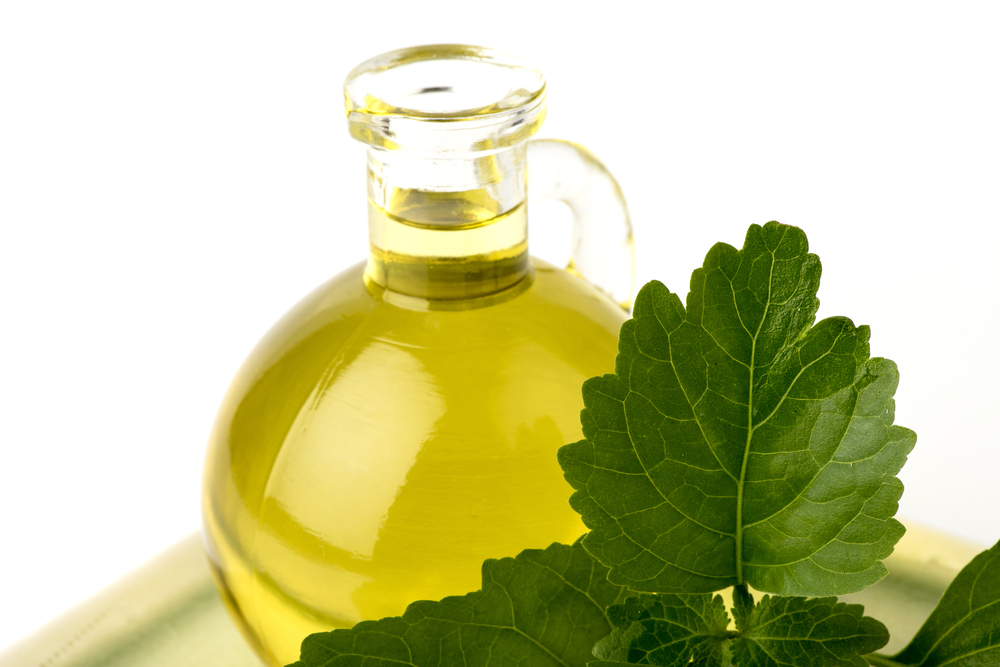What Blends Well With Patchouli? Mixing and Blending Explained
Patchouli boasts a rich, earthy aroma with subtle hints of sweetness. As a fixative, it helps to prolong the longevity of other fragrances when blended with them.
If you’re a fan of patchouli, it’s worth exploring the various scents that complement it well.
Patchouli is commonly used in perfumes, cosmetics, soaps, candles, and incense, making it a timeless and classic scent. Experimenting with similar variations can also be an exciting experience.
What Blends Well with Patchouli Essential Oil?
Patchouli as an essential oil blends well with other oils, adding a sophisticated note to the mix.
Traditionally patchouli has been used on its own, but in more recent times the properties of the oil and incense are optimized by blending with complementary fragrances.
The most popular oils to blend with are Bergamot, Sage, Frankincense, Sandalwood, Lavender, and Rosewood.
Some of them, like sandalwood and frankincense, have similar properties to patchouli, and together their beneficial qualities are strengthened.
Other than that, Patchouli also blends well with the following essential oils going in alphabetical order:
- Cedarwood
- Eucalyptus
- Geranium
- Ginger
- Grapefruit
- Lemongrass
- Myrrh
- Rosemary
- Sandalwood
- Vanilla
- Ylang ylang
Results of Blending Essential Oils with Patchouli
When you blend something with Patchouli, the results are quite surprising and pleasant at the same time. For instance:
Bergamot:
Blending Patchouli with Bergamot ensures balance to the earthy incense of Patchouli. It adds a citrusy bright top note to make sure that it balances out the pungent earthy incense of Patchouli.
Cedarwood:
In case you want to enhance the woody and groundy qualities of Patchouli, then simply blend it with Cedarwood. You will have a perfect blend of essential oils that will make the environment smell like fresh wood.
Eucalyptus
Although one should use it sparingly due to Eucalyptus being a potent oil, it enhances Patchouli oil and incense by adding a refreshing and enjoyable tone to the fragrance.
Frankincense
This essential oil when blended with Patchouli oil or leaves, compliments it by adding a slightly spicy note to the incense.
Geranium:
Add it with Patchouli essential oil and you can get a floral plus a rather sweet element coming out of the fragrance.
Ginger:
As the name specifies, Ginger essential oil blends quite well with patchouli and compliments it with a warm and spicy kick.
Grapefruit
Grapefruit, known for its bright and citrusy note can enhance the overall fragrance when it’s blended with Patchouli. You can expect an uplifting citrus note while mixing grapefruit with patchouli.
Myrrh
Though it enhances the patchouli incense with a sweet touch, you can expect this oil to add more depth to the scent making it more enjoyable and mesmerizing.
Rosemary
Rosemary when blended with Patchouli adds a slightly herbal and camphorous note making the blend quite refreshing.
Sandalwood
Sandalwood balances out the extra earthiness in Patchouli with a woody and creamy aroma when it’s blended.
Vanilla
Vanilla essential oil adds a comforting and a rather sweet tone to the scent of patchouli making it a perfect option for daily use.
Ylang Ylang
Last but not least, Ylang Ylang ensures an exotic, sweet, and floral note when it’s mixed with Patchouli.
What Scents Go Well with Patchouli?
Patchouli can also be blended well with lighter, contrasting scents, like citrus or light floral scents for example jasmine and orange.
Patchouli also makes an excellent match with vanilla, especially in incense, and this is a good blend for cleansing, and removing unwanted odors from the house from cooking or household pets.
Patchouli blended with other fragrances is very popular in candles, for example, patchouli blended with cedarwood and clove makes for a stimulating scent that lasts, the earthiness of the patchouli and cedarwood offset by the bright fruitiness of the clove.
This can be very good to help with respiratory problems or just as an aid to focus while carrying out a difficult task.
Patchouli blends well with resins when burned on a charcoal tablet.
A good strong blend for this is patchouli with Frankincense and myrrh.
This gives a deeply spiritual fragrance ideal for rituals and ceremonies, for purifying your body and mind, and for cleansing your home.
It is an ideal blend of meditation and yoga, giving a deep feeling of calmness and grounding.
Patchouli is well known as a fixative, meaning that it can help blend others and ensure the individual scents hold their fragrance for a long time.
This is why patchouli is used in many perfumes as a base, and in soaps and candles as well as incense and resins.
Scents Similar to Patchouli
Patchouli has a strong, earthy, woody scent, and it is part of the Mint family of plants.
Patchouli is a somewhat unique scent, but at the same time, it’s not difficult to find scents that remind you of patchouli.
Vetiver
The scent of patchouli has been compared to vetiver, which is a grass-like plant similar to lemongrass. Vetiver has a similar fragrance to patchouli and is also earthy and woody.
While patchouli is almost a feminine fragrance and is used in perfumes, vetiver is considered to be a more masculine scent and is used in colognes and deodorants. However, it blends well with patchouli in candles and soaps.
Cypress, Sandalwood, and Cedar
Other scents similar to patchouli are a range of woody tones, such as cedar, pine, cypress, and sandalwood.
Of these scents, sandalwood is the closest to patchouli and if you like the fragrance of patchouli you will also love that of sandalwood.
Read More: Is Patchouli Edible?
Musk
The scent that patchouli is most often compared to is musk and patchouli is often described as musky.
Musk is a relatively rare fragrance obtained from animals such as the musk deer, and also from various plants that have a similar fragrance.
Like patchouli, it is used as the base note in many perfumes, and like patchouli also has fixative properties.
What is a Fixative
You might have never heard of the word fixative before, but you’ll see this word often in the perfume industry.
Fixatives are the base notes of many fragrances. These notes are generally found at the base of the perfume pyramid and are meant to serve as the foundation.
They also have the effect of prolonging the life of other fragrances that are more fleeting, without becoming overpowering themselves.
Patchouli and musk are both good fixatives and they help to extend the life of more volatile fragrances such as rose, bergamot, and citrus.
Frequently Asked Questions
What blends well with patchouli essential oil in soap?
When it comes to adding scents while making soap, you can blend patchouli with vanilla, citrus, floral, and minty notes. Together these blends create a pleasant earthy incense coming out of the soap.
Does patchouli blend well with clove?
Clove, Patchouli, and Rosemary essential oils, when mixed in a 30 drop ratio, can create a perfect detoxifying bath for you. You can make yourself calm and relaxed with this bath that’s been made with a blend of Patchouli and Clove buds. So, yeah, patchouli blends quite well with the clove too.
Can you mix lavender and patchouli?
One of the most commonly mixed essential oils are lavender and patchouli. Both these oils when blended, cannot only uplift your mood but can also become a good insect repellent.
Parting Words
The patchouli plant is known for its distinct herbal aroma, which can be described as earthy, woodsy, and camphoraceous, with a smoky undertone that some find quite pungent.
Despite its damp, earthy properties, patchouli still retains a bohemian, hippie-ish vibe, as exemplified in Ambrée perfumes.
Despite its association with this particular subculture, the unique and versatile scent of patchouli has made it a popular ingredient in various products, including incense, soap, lotion, candles, teas, and perfumes.
As you may already be aware, there are over 90 different varieties of essential oils, each with its distinct properties, aromas, and benefits.
The scent of one essential oil can enhance or balance the scent of another, making the blend more complex and interesting.
Mixing patchouli with other fragrances is a great way to create a unique scent.
Vetiver, bergamot, sandalwood, frankincense, cedarwood, and myrrh can all be added to make the overall scent more appealing, although patchouli on its own can be quite mystical and create an almost fizzy, boozy aroma.







